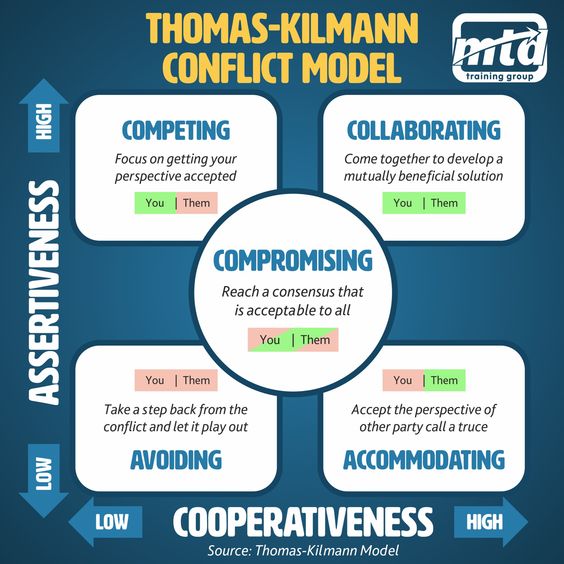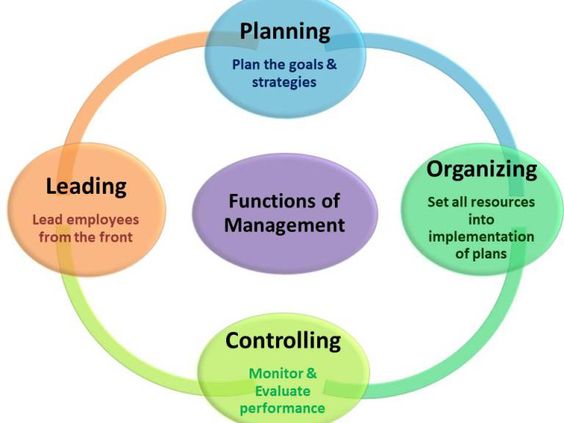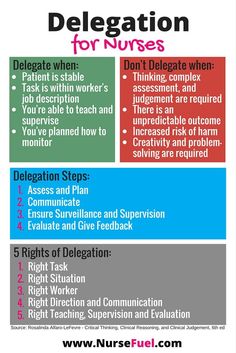CONFLICT RESOLUTION

CONFLICT RESOLUTION Conflict resolution refers to the process of addressing and resolving disputes or disagreements between parties in a constructive and mutually satisfactory manner. It involves identifying the underlying issues, understanding the perspectives of all parties involved, and finding a solution that satisfies everyone's interests. Communication: Effective communication is key to resolving conflicts. Encouraging open and honest dialogue between the parties involved allows them to express their concerns, interests, and perspectives. Active listening is essential to ensure that all parties feel heard and understood. By fostering clear and respectful communication, misunderstandings can be clarified, and common ground can be identified, paving the way for a resolution. Negotiation: Negotiation involves bargaining and seeking compromises to reach a mutually acceptable agreement. This strategy requires the parties to identify their priorities and interests and then work...
.jpg)


